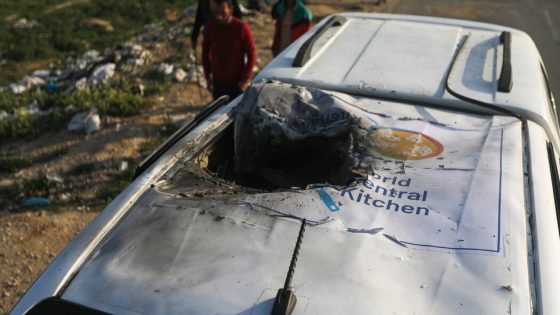An ancient family in eastern China constructed three underground tombs, filled them with treasure and laid their loved ones to rest. Century after century wore on the burials. Thieves broke in. Eventually, the site was forgotten.
But not anymore.
Archaeologists in Rizhao city dug up a partially damaged mound ahead of the expansion of a nearby park, the Institute of Archaeology at the Chinese Academy of Social Sciences said in a May 11 news release shared via the China Archaeology Network.
Underneath, archaeologists found three tombs from the Han dynasty, a period that, according to Britannica, lasted from 206 B.C. to 220 A.D.
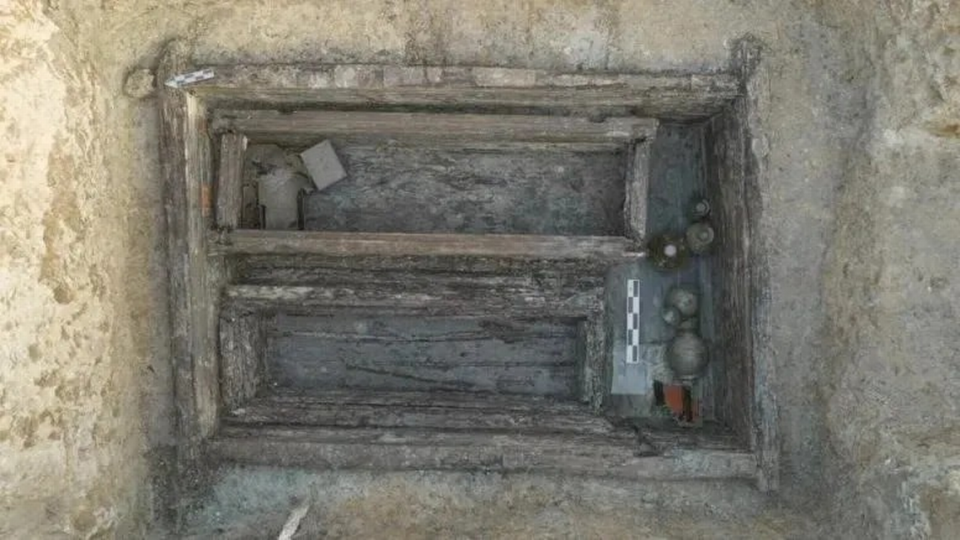
Uncover more archaeological finds
What are we learning about the past? Here are three of our most eye-catching archaeology stories from the past week.
→ Archaeological site robbery report leads to ancient discoveries in Peru
→Medieval treasure — belonging to legendary scammer — discovered in Poland mountains
→ Rare collection of centuries-old fabric and shoes discovered in Poland. Take a look
The 1,800-year-old tombs were similar in style, with two burials in each and sloping tomb passageways to the entrances, the institute said. Inscriptions in two of the tombs had the same surname, Huan, indicating the complex likely belonged to a family.
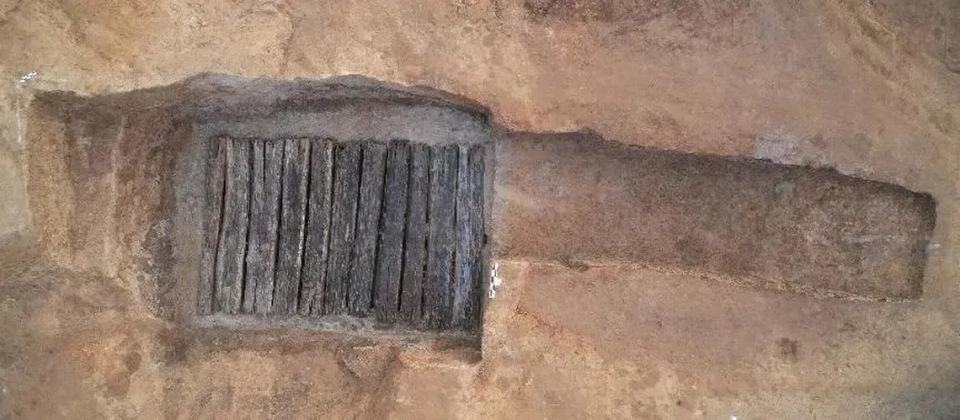

Two of the ancient tombs had been robbed, archaeologists said. The wooden coffins were left in the graves but very few artifacts remained.
The third ancient tomb, however, was well-preserved and relatively untouched, the institute said. A photo shows this tomb, known as M3.
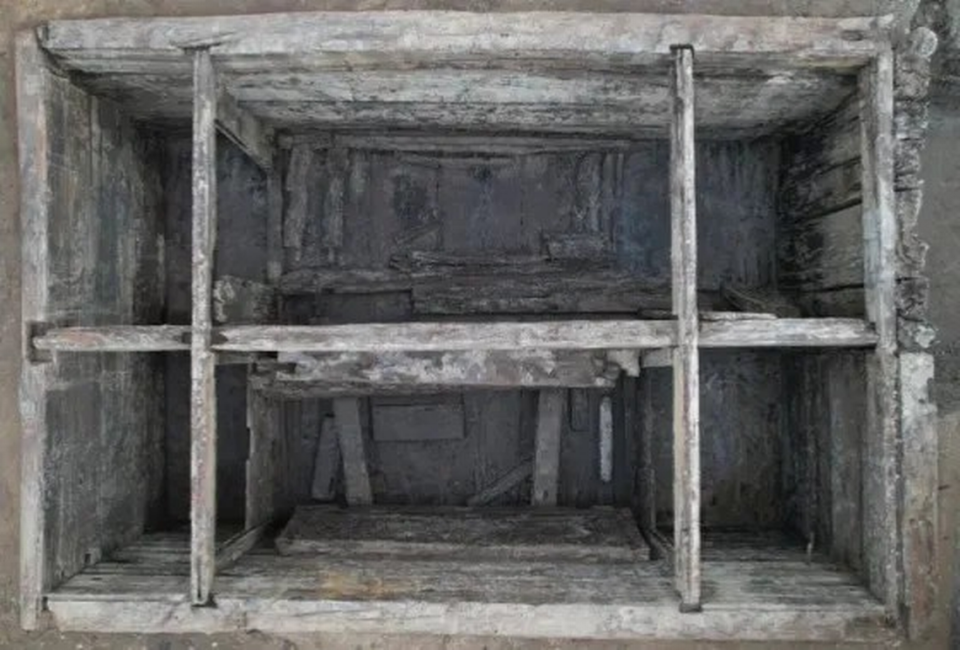

The main burial chamber of the M3 tomb had two rooms connected with miniature windows and doors. A photo shows these unique wooden windows. Archaeologists said the residential style suggested the tomb contained a husband and wife.
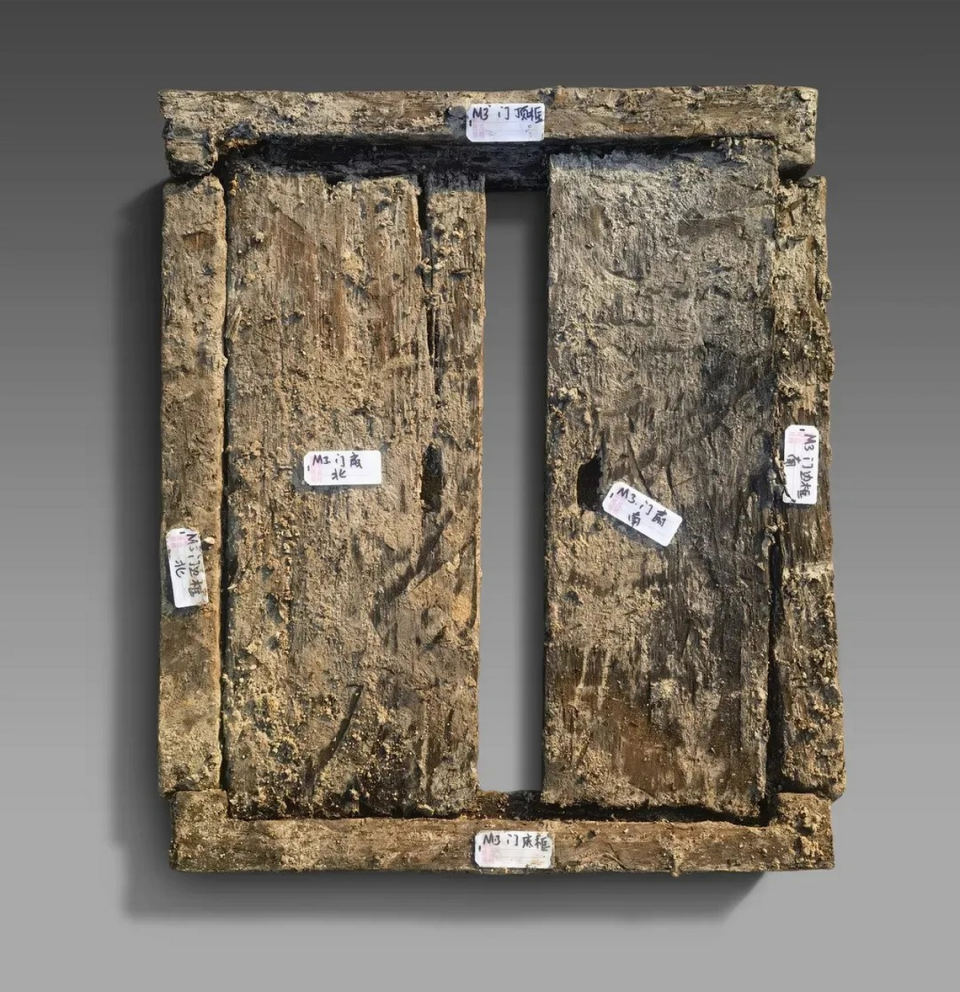

Archaeologists also found over 70 artifacts inside the tomb. Photos show some of these treasures, including an iron sword, bronze mirrors and stacks of several different types of pottery.
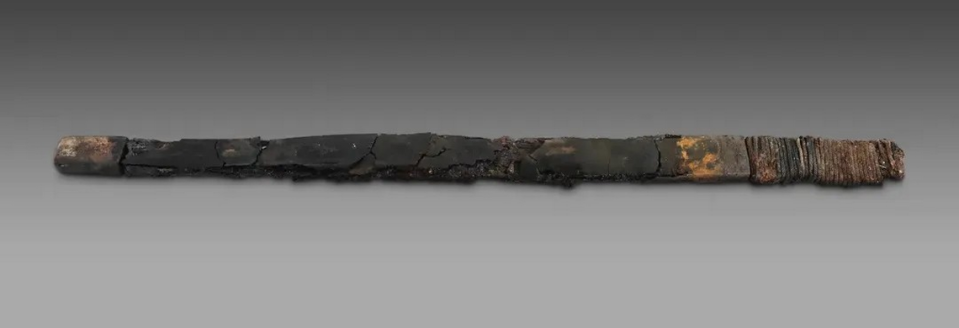

Around one of the wooden coffins, archaeologists uncovered the remains of a coffin carriage, a structure used to transport the coffin into the tomb, the institute said. They described it as exquisitely crafted and an uncommon find.
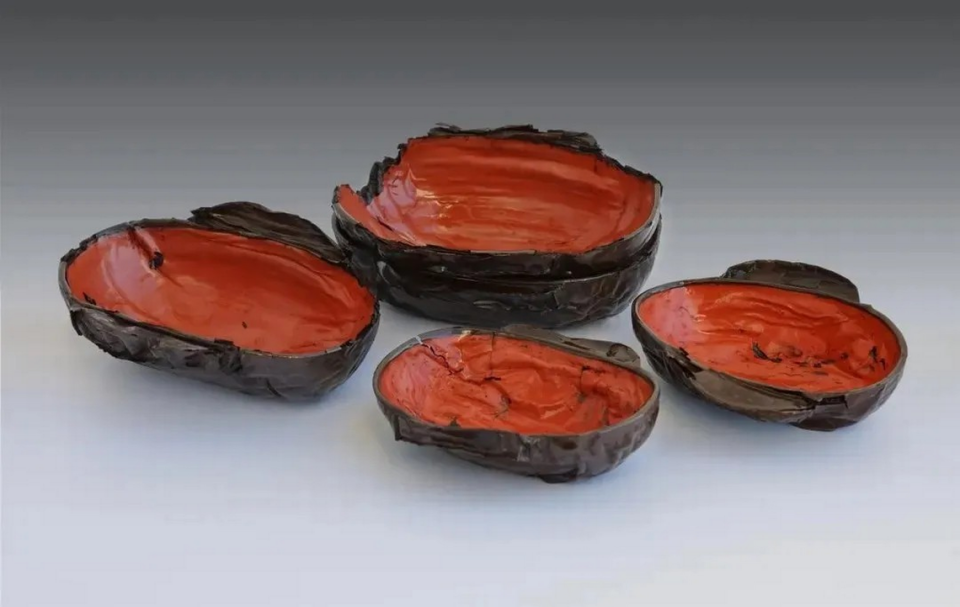

Archaeologists described the 1,800-year-old family tombs as a significant and important discovery. Finding the same last name inscribed in several tombs is rare, the institute said.
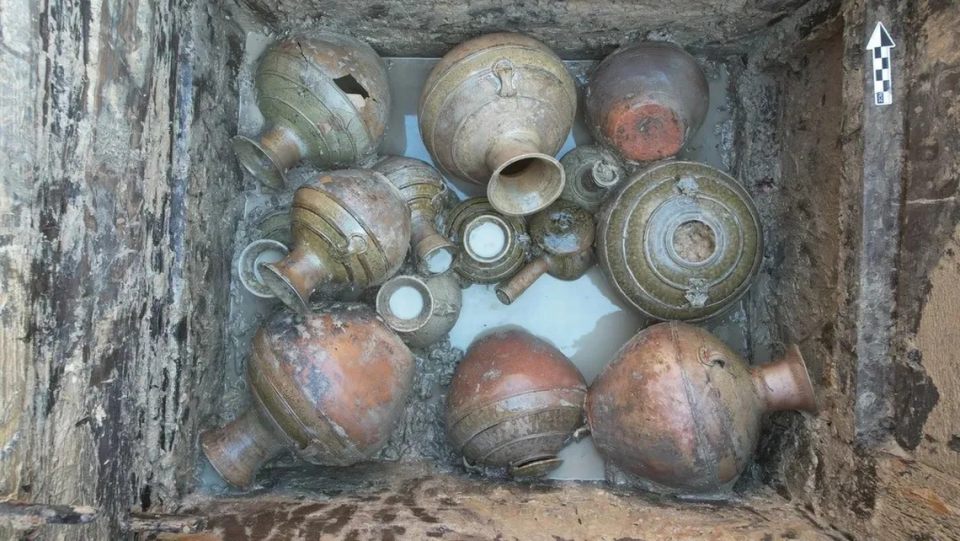

The excavation in Rizhao started last December and ended in January. Rizhao, sometimes translated as Jihchao, is a city in Shandong province along the eastern coast of China, a roughly 400-mile drive southeast from Beijing.
Google Translate and Baidu Translate were used to translate the news release from the Institute of Archaeology at the Chinese Academy of Social Sciences.
Gardener weeding a raspberry patch unearths 4,500-year-old tool in Poland. See it
Medieval castle — a ‘witness to centuries of change’ — excavated in the UK. See it
1,600-year-old indoor pool unearthed at ancient Roman ruins in Albania, photos show
Source Agencies

